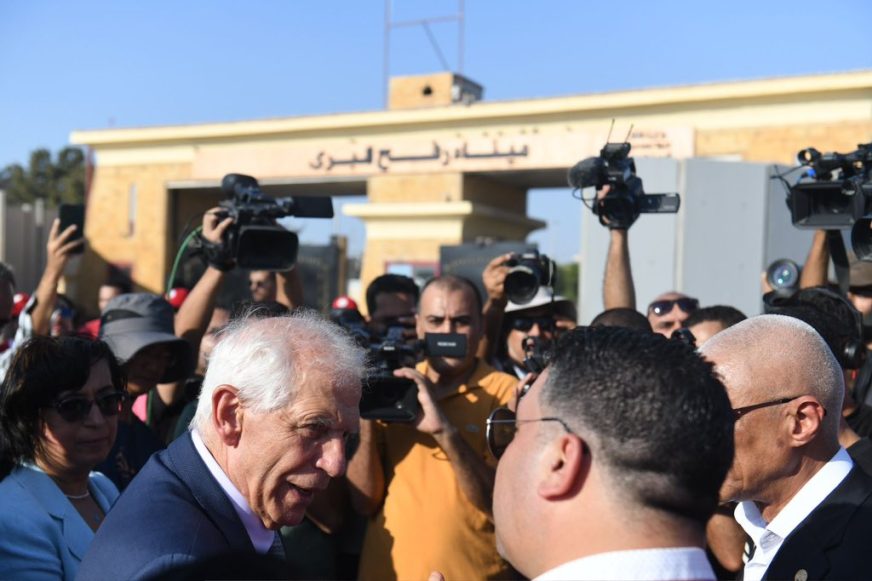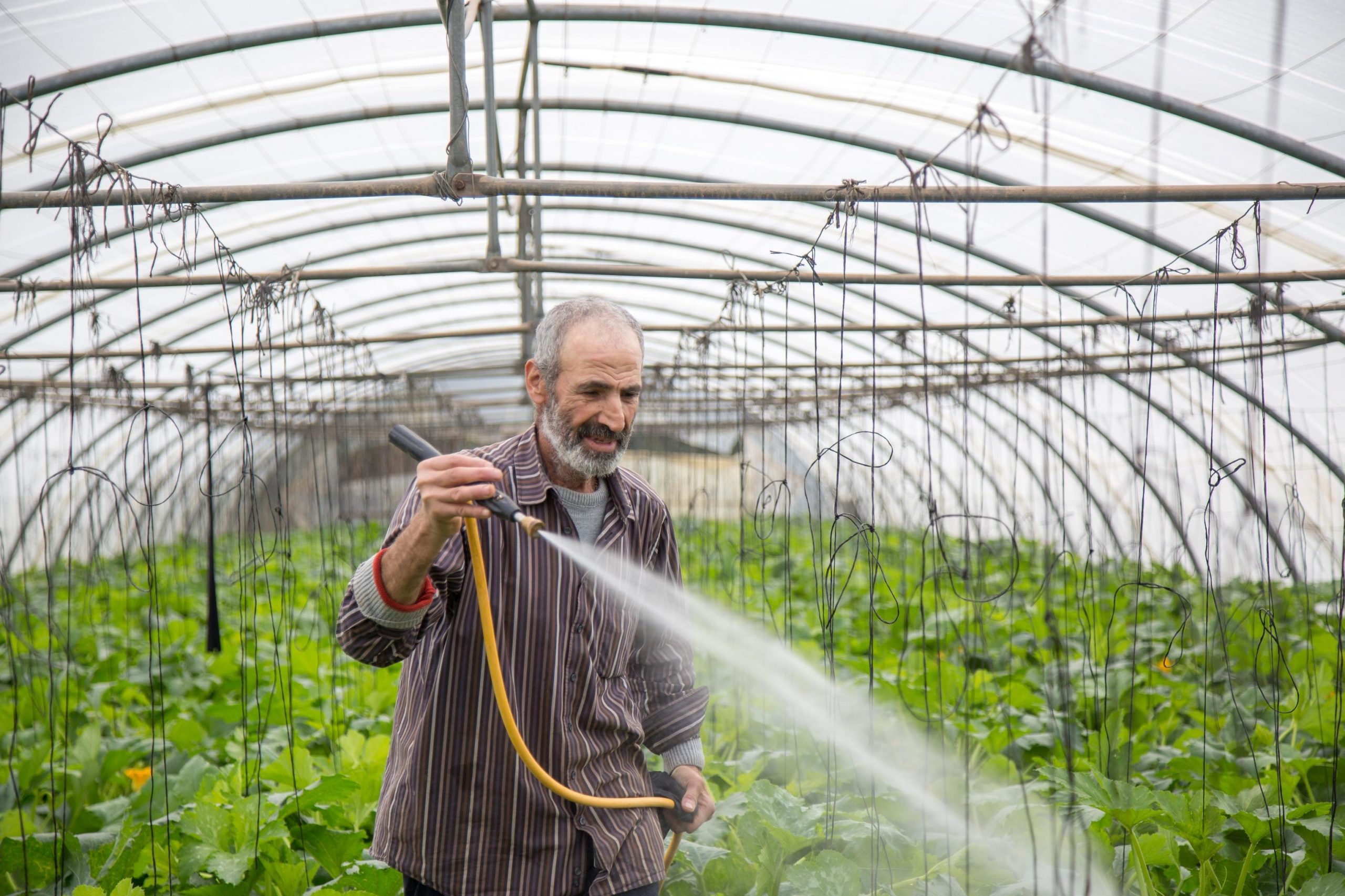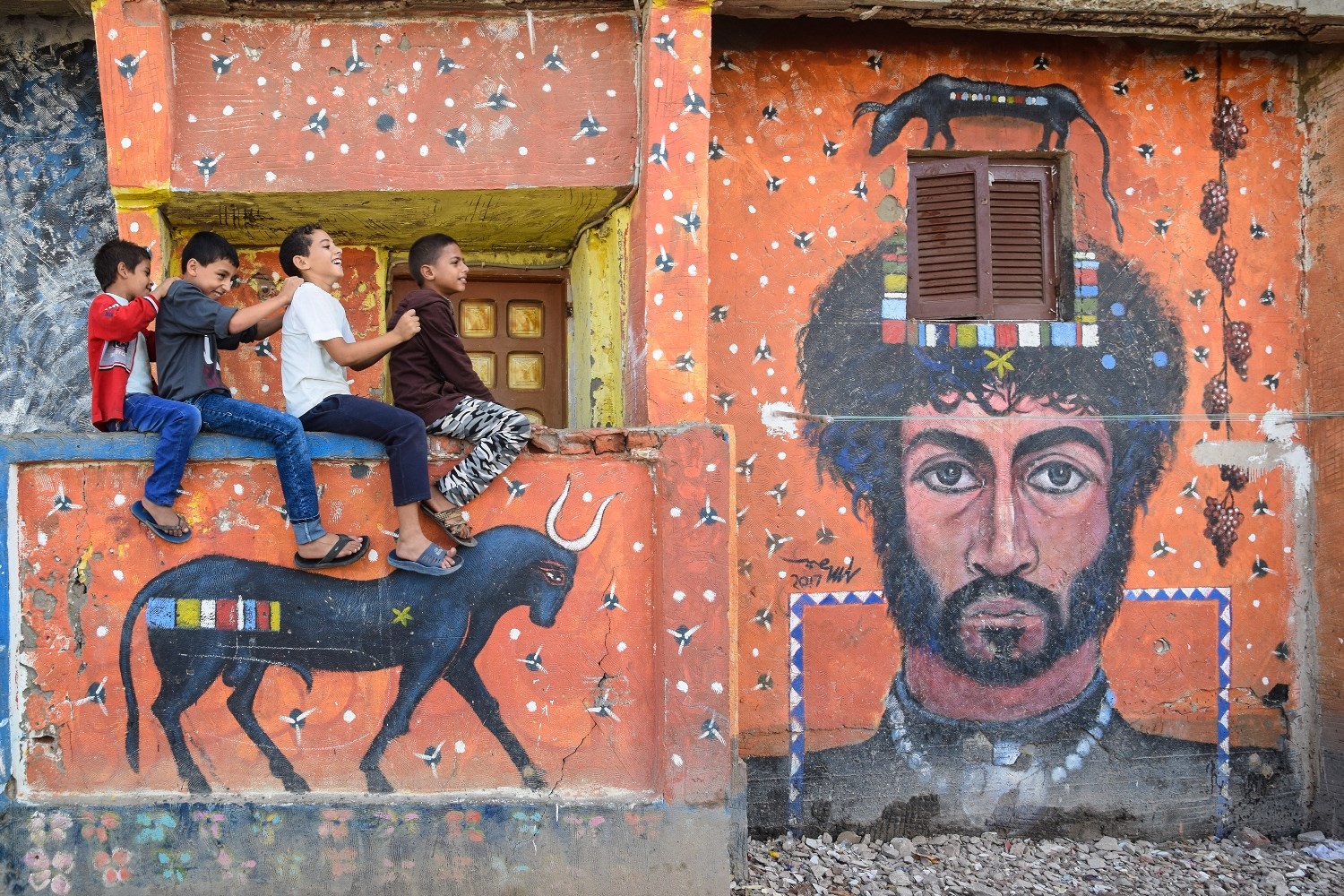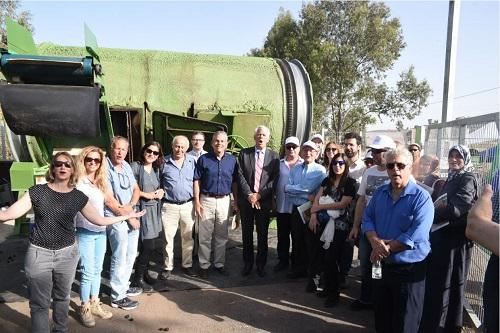Egypt: Press statement by High Representative/Vice-president Josep Borrell at the Rafah Border Crossing

HR/VP Josep Borrell visited the Egyptian side of Rafah crossing point and made the following statement :
Thank you to the representatives – above all, everybody who is working here – the [Egyptian] Red Crescent [Society, (ERCS)], United Nations Children’s Fund (UNICEF), the European Union [Civil Protection and] Humanitarian Aid [Operations]. [And] many others. I will not mention all of them, but there are a lot of people here working, trying to support the people in Gaza.
I am used to having a look at this place through satellite images. I see the Rafah crossing almost every day, through the eyes of the satellites. I know that there are thousands of trucks waiting to enter, per days, per weeks, per months. And I know that they are ambulances – these yellow and blue cars – waiting to receive the wounded people. But one thing is to see that from the satellite images, and another thing is to see it live, one truck after the other.
Today, 1,400 trucks waiting to enter. On a good day, maybe 50 will come in. In Ramallah time, they were 600 per day. This is a drop in the ocean of needs on the other side.
I want to stress the importance of the support of the European Union. I want to stress the importance of the number of planes landing in the airport close [to] here, the amount of money, the amount of physical support that we have been providing. The European Union has done an incredible effort in order to provide supplies. But now the supplies are not entering; they are just stuck. Yes, we have done a lot. Member States of the European Union and European Union institutions have done a lot, in order to provide humanitarian support to the people in Gaza.
We have to provide humanitarian support because it is urgent and necessary, and we have to do more and quicker. We do a lot – allow me to say – but certainly not enough, and certainly not as quick as needed. In particular, because there are too many obstacles.
Today, the most urgent thing is to make these ambulances enter or receive the wounded people. That is why the European Union is ready to present their capacities, to offer their logistic capacities to re-open this border. To have the European staff deployed in the other side of this border, in order for the border to be open, and the wounded people to be able to go through the border to a hospital. And the humanitarian support to come inside, and the people going in and out. In particular, the people in need.
But we have to continue asking for a ceasefire, the release of hostages and the stop of the bombing. Ceasefire: this is a call that we, from the European Union, my fellow ministers, colleagues, Ministers of the Foreign Affairs Council are doing.



























 Syria
Syria 



